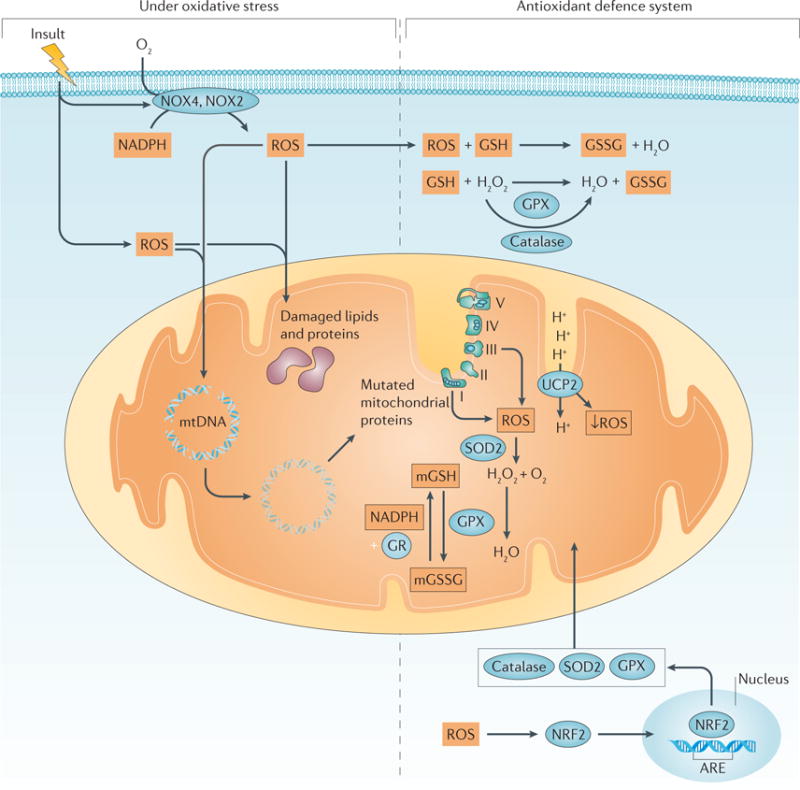Figure 2. Oxidative stress and the antioxidant defence system.

Insults can increase the production of reactive oxygen species (ROS) in the cytosol and mitochondria. NADPH oxidase 2 (NOX2) and NOX4 can also contribute to the production of ROS222. The production of ROS can cause breaks in mitochondrial DNA (mtDNA) and damage lipids and proteins. Damaged mtDNA can produce aberrant mitochondrial proteins and prevent mitochondrial protein synthesis, whereas damaged lipids and proteins result in impaired mitochondrial function, leading to further increases in mitochondrial ROS. ROS also activate nuclear factor erythroid 2-related factor 2 (NRF2), which translocates to the nucleus and binds to antioxidant-responsive elements (AREs) to activate the transcription of genes encoding oxidant-neutralizing enzymes, such as mitochondrial superoxide dismutase 2 (SOD2), glutathione peroxidase (GPX) and catalase. SOD2 reduces superoxide anions to hydrogen peroxide (H2O2) and oxygen (O2). Catalase, found in the cytoplasm, and GPX, located in the cytoplasm and mitochondria, reduce H2O2 to water (H2O)223. GPX also oxidizes glutathione (GSH), resulting in glutathione disulfide (GSSG) as a byproduct of reducing hydrogen peroxide to water. GSSG in mitochondria (mGSSG) is converted back to GSH by glutathione reductase (GR) in a process that requires the presence of NADPH. The activity of the mitochondrial uncoupling protein 2 (UCP2) is increased, dissipating the proton motive force and decreasing ROS production. mGSH, mitochondrial GSH. The electron transport chain complexes I–V are indicated as I, II, III, IV and V.
